For decades, conventional psychiatry has offered hope to millions of people suffering from depression. The advent of antidepressant medications, particularly Selective Serotonin Reuptake Inhibitors (SSRIs), was hailed as a breakthrough in mental health treatment. These drugs promised to correct chemical imbalances in the brain, providing relief from the debilitating symptoms of depression.
Yet, despite these advancements, depression remains a pervasive and often treatment-resistant condition.
Many patients find themselves caught in a cycle of trial-and-error medication adjustments, experiencing only partial relief, no improvement at all, or even worse, purely negative side effects.
This disconnect between the promise of conventional psychiatry and the reality experienced by many patients raises important questions about the limitations of our current approach.
The Limits of a Medication-Centric Approach to Depression
One of the major limitations of conventional psychiatry is its heavy reliance on medication as the primary solution for depression. While psychiatric medications, such as SSRIs, can be life-changing for some, they are not a universal remedy.
Many patients experience only partial relief, or none at all, and some endure side effects that can be as debilitating as the depression itself.
This focus on medication often overlooks other critical aspects of mental health. Factors such as lifestyle, nutrition, chronic stress, and past trauma can all contribute significantly to depression, yet they are frequently overshadowed by the push to find the right drug.
In many cases, the underlying causes of a patient’s depression remain unaddressed, leading to ongoing symptoms and a revolving door of medication trials, clinic visits, and endless medication.
Moreover, this approach can create a dependency on prescriptions without addressing the root causes of depression. For instance, a person may receive medication to manage their symptoms, but if their depression is actually being driven by an undiagnosed thyroid issue, chronic inflammation, or a severe nutrient deficiency, the medication alone will never fully resolve the problem.
What’s needed is a broader perspective — one that integrates medication with other treatment modalities to offer a more comprehensive, effective approach to mental health care.
The Need for a Holistic, Integrative Approach
To truly address the complexity of depression, we need to shift from a purely medication-centric model to a more holistic, integrative approach. This means looking at the whole person — mind, body, and environment — instead of just focusing on symptom management.
A holistic approach to treating depression, termed Functional Medicine, involves considering physical health, nutrition, lifestyle factors, and even the role of relationships and community.
For instance, nutritional deficiencies can play a significant role in mental health, yet they are often overlooked in traditional psychiatric care. Similarly, regular exercise has been shown to be as effective as antidepressants for many people, but it is rarely emphasized as a core component of treatment.
Integrative practices such as mindfulness-based therapies, nutritional support, and addressing underlying physical health conditions can significantly enhance the effectiveness of treatment.
By combining these methods with conventional treatments, we can move towards a more personalized approach that addresses the root causes of depression rather than just managing symptoms.
This integrative model of care not only holds the potential to improve outcomes for those who find little relief from traditional treatments, but it also empowers patients to take an active role in their recovery.
When we address the full spectrum of factors contributing to depression, we can create a more effective, compassionate, and sustainable approach to mental health care.
Embracing a New Paradigm in Mental Health Care
Conventional psychiatry has undoubtedly made significant strides in the treatment of depression, providing relief for many who suffer from this debilitating condition. However, as our understanding of depression has evolved, it has become increasingly clear that a one-size-fits-all, medication-focused approach is not enough.
The complexity of depression requires a more nuanced, personalized strategy that considers the full spectrum of biological, psychological, and social factors involved.
By integrating conventional treatments with holistic, evidence-based practices, we can offer a more comprehensive and effective approach to mental health care. This integrative model not only addresses symptoms but also works to uncover and treat the root causes of depression, leading to more sustainable recovery and overall well-being.
Moving forward, it’s essential for both practitioners and patients to embrace this broader perspective on mental health. For those interested in far more information on this practical approach to tackling the complexities of depression, Integrative Medicine for Depression was created for just that purpose.
By taking a more holistic approach, we can move towards a future where depression is not just managed, but truly understood and effectively treated, allowing those who suffer from it to lead healthier, more fulfilling lives.


